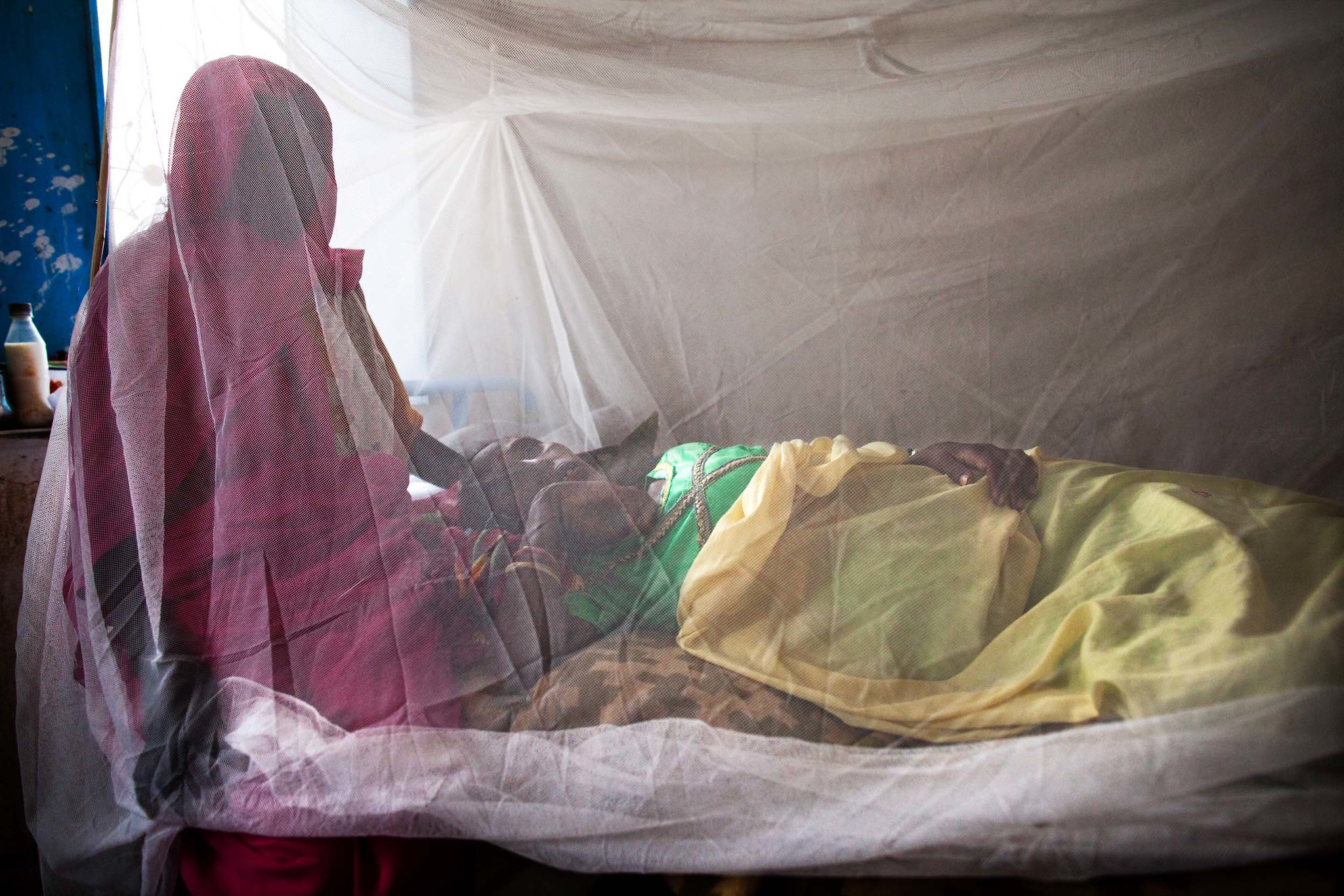After attending a recent lecture by Professor Alcinda Honwana, LSE alumnus Aurelien Leblay examines possible reasons behind the rise of youth protests on the African continent.
Youth-led protests are becoming a regular feature across the African continent.In places likes Senegal, Burkina Faso, Egypt and Tunisia, these movements have succeeded in setting a new political agenda. Similar protests also occurred in Congo, Democratic Republic of Congo and South Africa. To Professor Alcinda Honwana of the Open University, these protests are the result of what she calls “waithood”, that is, the fact that young people are forever waiting to be financially independent. In most cases this time never comes and the majority of young people are stuck into a cycle of humiliating survival. Many are forced to extreme consequences such as life-threatening migration or male and female prostitution. This latter phenomenon, known as “sugar daddies” or “sugar mammas” is a bitter illustration of what deprived youth is forced to endure. This degradation and powerlessness is perhaps at the core of young people reactions, including the most radical ones.

In a recent LSE public lecture entitled Enough! Will Youth Protests Drive Political Change in Africa, Professor Honwana pointed out that some young people had even joined violent radical groups such al-Shabaab, Boko Haram, ISIS or Al-Qaida, which were built on the ashes of the disillusionment of the Arab Spring. She revealed that Tunisia is the country with the largest number of its citizens involved with ISIS. For example, hip-hop star and activist Emino, a figure of the peaceful “Jasmine Revolution” has now joined ISIS. For young people forever waiting for income and parenthood, violent groups allow them to “fight well, make money and find yourself a girl”, as an interviewee of Honwana said.
It is absolutely vital for Europeans to face this truth: the size of recruitment pools is more dependent on economic factors rather than ideology. Anneli Botha’s research – cited by Honwana, shows that “economics and deprivation are as important, if not more so, than religious factors in explaining al-Shabaab recruitments in Somalia”. Other studies have reached similar conclusions, including industrialised countries. In fact, even the West is being affected by this phenomenon, with radical violence also attracting its own citizens “struggling with waithood and the sense of belonging”. As Honwana points out, violent fanatic groups attract “vulnerable disaffected youth from all over the world by offering a message that responds to young peoples’ frustration with unemployment, financial hardship, social marginalisation and political exclusion”. In other words, when even the slightest hope is not allowed anymore, extreme pathways are considered a lot more by young people. The most fragile are among the first to get trapped by deadly ideologies.
Professor Honwana mentioned migration as another consequence African youth hopelessness. “More than 100,000 African cross the [Mediterranean] sea each year”. She noted that Europe recognises unemployment as the main cause of migration, but still sets up repressive responses to it. In that respect, we would urge any citizen and policy-maker to fully embrace the reality of youth in “waithood”, and complement their understanding by real stories. For instance the brilliant documentary “Barcelona Or Die” by Idrissa Guiro is a very acute look on why young people make risky choices. In this subject like in others, the smartest and optimal responses are often overlooked because of misconceptions or ignorance of reality.
The third and most promising prospect is organised protest, which has proven short-term achievements but failed to foster durable change. Alcinda Honwana stressed the role of the neoliberal paradigm in weakening states’ capacity, and the fact that young people are also facing international capitalism beyond domestic issues. Can capitalism work for the benefit of all and serve inequalities reduction? The “embedded liberalism” that prevailed in the Bretton Wood period (1944 – 1971) advocates for it, in spite of mixed results for Africa.
What reasons are there for hope? Honwana mentioned new political waves in the West, a rejuvenated Pan-Africanism or the raising awareness of youth power even though it might not bring about change immediately. In a bittersweet conclusion she quoted an activist from Senegal: “Perhaps my situation won’t change much, but we believe in ourselves and we will fight for our children”. Let us offer another optimistic scenario: Africa can embrace the green growth revolution and be at the cutting edge of zero-carbon energy. Meanwhile, Europe can understand the benefit of having Africa as its main economic partner and start fostering a robust, balanced and highly cooperative relationship. This bears an intrinsic paradox: it is very idealistic and very attainable at the same time.
Listen to the audio of this event or read the full lecture.
Aurelien Leblay is an alumnus of LSE.
The views expressed in this post are those of the author and in no way reflect those of the Africa at LSE blog or the London School of Economics and Political Science.






While there are times (most times) that African youth works so hard, breaking their backs in blood and sweat to keep the capitalist machine running, I am surprised that you have not mentioned this but have instead circled around the modernist meme of would be “waithood” and a constant denigration of the African plight. Thanks to your mentioning of the neoliberal concept and its role in robbing the helpless and poor African youth. Well fed, Europe-bred, wanna be rappers, spoilt, rich, youth of African descent opting to seek for meaning in their lives by joining terror groups is a distraction from focusing on the sun-baked, uneducated, half-hopeless but hardworking, sickly but surviving rural youth of Africa; a majority that is thirsty for empowerment and a helping hand. A healthy and educated African youth seeking to cash in extra bucks through conjugal trade doesn’t bother me at all.
The youth are not alone in this struggle. Africans in many African countries are still in bondage, with selfish politicians focusing on entrenching themselves in power than tackling the real challenges of the day, such as jobs for the youth, building manufacturing capacity, boosting agricultural production, etc.
Youth protests unfortunately may not succeed in bringing the needed change. In Egypt the military is back in power. In Burundi the protests only resulted in the president digging in deeper. Bad governance and corruption/embezzlement in government is at the heart of this descent into hopelessness. Before we know it Africa may not even have any resources left to fund the needed reforms to transform our peasant economies.
I couldn’t fail to agree more with you. African youth are born into a system that is designed to intimidate them and suck out any form of confidence and hope for better future. transnational corporations from the West has established an elite of African leaders and executives that protects their interest while cursing our countrymen into poverty and oblivion. Unless the African youth in this current generation come together, we are doomed.